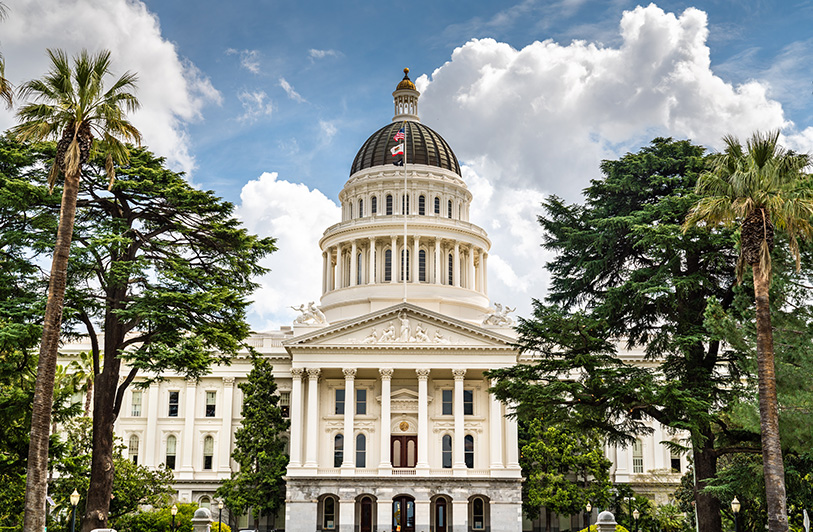Last Monday, the California legislature concluded its 2019-2020 legislative session. Several of the bills that were passed will go into effect immediately should the Governor sign them. Governor Newsom has indicated he plans to sign the following urgency measures:
SB 1159 (Hill) — Workers’ Compensation/COVID-19
This bill establishes presumptions about whether an employee who tests positive for COVID-19 can successfully file for workers’ compensation. The bill has three key components:
- Establishes a disputable presumption that an employee suffered a workplace injury if they are diagnosed with COVID-19 or test positive within 14 days after a day on which the employee worked at their place of employment (other than their own home) and that date was between March 19, 2020, and July 5, 2020. Employers have 30 days to reject the claim. Basically, codifying the Governor’s executive order for worker’s compensation.
- Establishes a disputable presumption that firefighters/rescue services, peace officers, certain medical providers and providers of in-home supportive services have suffered a workplace injury if they test positive for COVID-19 within 14 days after a day on which the employee worked at their place of employment and that date worked was after July 6, 2020. The employer has 30 days to reject the claim.
- Establishes a disputable presumption that an employee suffered a workplace injury if: (1) they are diagnosed with COVID-19 or test positive for COVID-19 within 14 days after a day on which the employee worked at their place of employment (which does not include their residence); (2) the date worked was on or after July 6, 2020, and 3) their employer has five employees or more and the positive test occurred during an “outbreak” at the employee’s specific place of employment. There are additional elements in the bill that define an “outbreak.” Employers have 45 days to reject a claim under this provision.
AB 2257 (Gonzalez) — Exemptions and Clarifications to AB 5
AB 2257 adds additional clarifications and exemptions to AB 5, a bill passed in 2019 that codified the Supreme Court’s decision in Dynamex Operations West Inc. v. Superior Court 4 Cal.5th 903 (2018). Dynamex held that workers should be classified as employees instead of independent contractors unless they pass the “ABC Test”. AB 5 had exempted certain jobs from the rule and many groups worked this year to add clarifications to the law as well as more exemptions. The full list of exemptions can be found here.
AB 1867 (Budget Committee) — Mediation Pilot Program and Supplemental Paid Leave for COVID-19
AB 1867 includes several provisions related to labor and employment and deals primarily with supplemental paid sick leave in relation to COVID-19.
The bill sets up a mediation pilot program within the Department of Fair Employment and Housing (DFEH) for small business related to claims about paid family leave. It further sets forth provisions that create new requirements for employees in the food sector. For example, under the new legislation, employees working in any food facility must be permitted to wash their hands every 30 minutes and additionally as needed. The bill further codifies Executive Order N-51-20 by mandating supplemental paid sick leave for food sector workers if they’re unable to work due to any of the specified reasons relating to COVID-19. This provision applies retroactively to April 16, 2020. In addition, the bill establishes COVID-19 supplemental paid sick leave for certain employers with 500 or more employees, if the employee works outside the home. The employer must provide 80 hours of supplemental sick leave for COVID-related reasons, unless the employer has a more generous policy than required in the bill (with regard to both length of time and rate of pay) or has already provided COVID sick leave as required by federal, state or local law.
More details on each of these bills can be found here.



